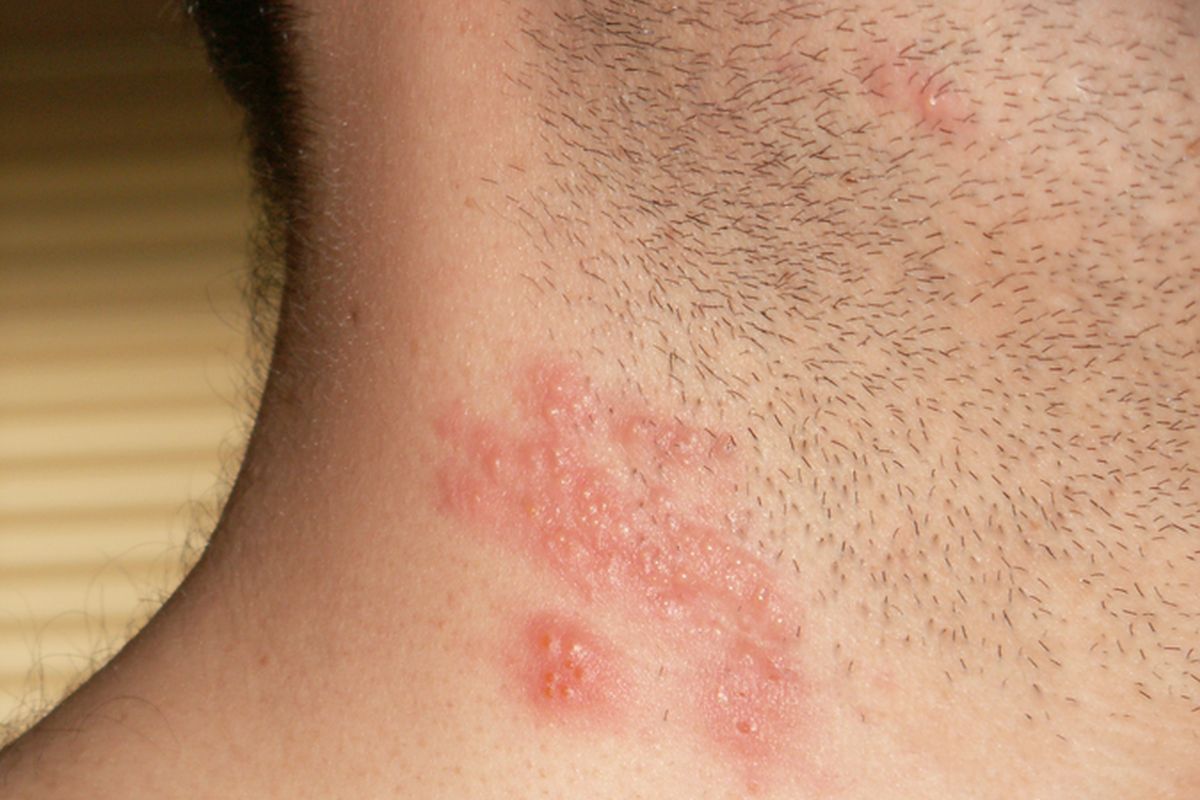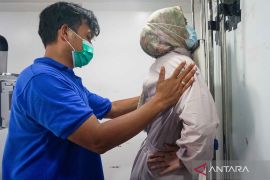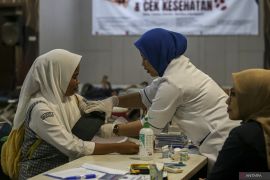During a press conference on Wednesday, the ministry's Director for Transmissible Diseases Prevention and Control, Imran Pambudi, said that herpes zoster is caused by the reactivation of varicella zoster, the same virus that causes chickenpox.
He cited data from the National Herpes Study Group for 2011–2013, which recorded more than 2,200 cases of shingles across 13 government-owned hospitals, with people aged 45–64 making up 38 percent of the cases.
Almost 600, or about 26 percent of the total patients, reported postherpetic neuralgia, he added. Patients with postherpetic neuralgia suffer from terrible soreness, and in some extreme cases, the condition can lead to blindness, he said. The effects caused by shingles are significant as the condition compromises people's social life and economy.
Postherpetic neuralgia is a common complication that affects the nervous system. It can last for weeks, months, or even years. Pambudi said that the data shows an urgent need to improve immunization coverage for adults in Indonesia.
"All along, we are more focused on immunization and vaccination for children," he added.
Through herpes zoster immunization, people's welfare can be maintained and their productivity can be improved, he said. The ministry is collaborating with the National Association of Internists (PAPDI) and GSK Indonesia to educate the public about shingles and the renewed 2024 Adult Immunization Schedule.
On the same occasion, the general chairperson of PAPDI, Dr. Sally Aman Nasution, said that despite knowing about the benefits of vaccination, many adults in the Asia-Pacific opt not to get immunized, which makes them more prone to preventable diseases.
Baca juga: Foreign doctors to save 12 thousand babies with heart disease: govt
Baca juga: Public education needed for early detection of cancer: Health Minister
She opined that vaccination can improve the quality of life for the elderly, as they are more vulnerable to shingles due to their declining immune system.
"We want it so that the awareness is among not just medical professionals but also the public," Nasution said.










